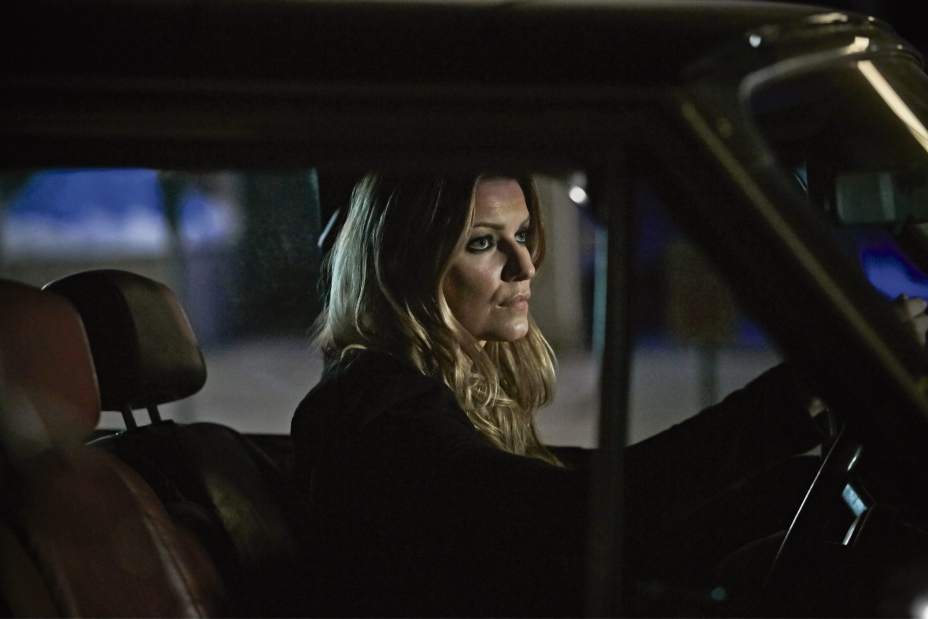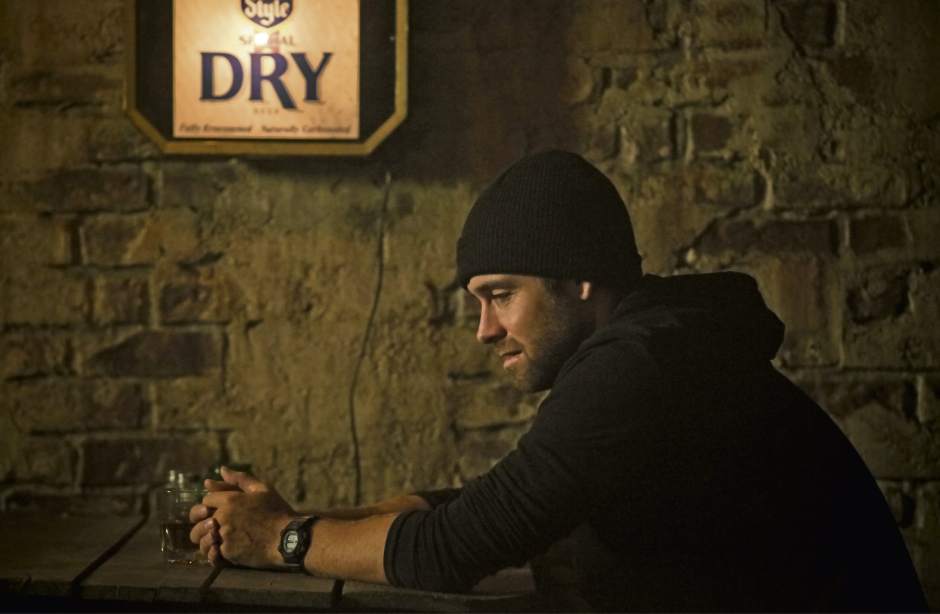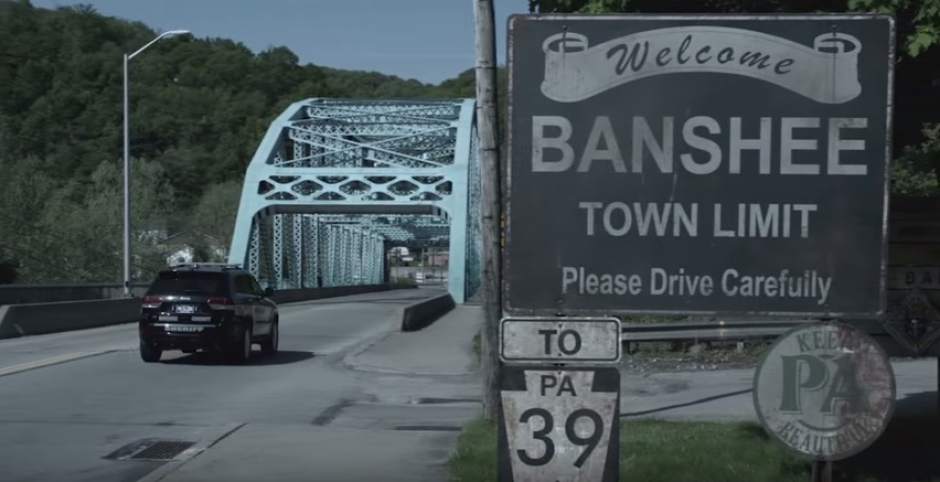'Banshee' final season — filmed in Vandergrift — set to debut
Beyond the “crazy violence and action” and moments of absurdity, what makes Cinemax's critically acclaimed action series “Banshee” work is its soul, says its co-creator and executive producer.
“There is an emotional core to the show,” says Jonathan Tropper, a New York Times best-selling author and internationally best-selling author of six novels. “The characters are very human and relatable in what they are searching for: figuring out where they are and where they belong — and trying to undo past wrongs.”
“Banshee's” fourth and final season — all eight episodes were shot locally — premieres at 10 p.m. April 1.
Debuting in January 2013, “Banshee” stars Antony Starr as Lucas Hood, an ex-con and master thief who assumes the identity of the sheriff of Banshee, Pa. (portrayed currently by the borough of Vandergrift), where he continues his criminal pursuits while enforcing his own code of justice.
It's been an emotional ride for longtime fans, Tropper says.
“We spent a lot of time crafting the story to make sure the resolution makes sense and speaks to what they have been through in 30 episodes,” he says. “The new season has all the elements of any other season, but there's a strong emotional urgency to it. It has a true ending with closure and resolution. People will be satisfied with the journey.”
After being filmed in the South for its first three seasons, Tropper, a New Yorker, suggests that he wished the show would have come to the Pittsburgh region earlier.
“It's really sad we only had one season in Vandergrift and Pittsburgh,” he says. “It was a phenomenal experience. Everything was better about shooting here.
“The setup in Vandergrift was fantastic. In that respect, I wish we could have kept going rather than stop the show. We finally found a place we could call home. We all got very close, the cast and crew. Everyone liked coming to work. We had something that was working and continued to work. All those things were real reasons not to end the show.”
They made that decision, though, before shooting Season 4.
“Ultimately, the overriding fear of not stopping the show was that we would not be able to sustain its quality, and we thought it was better to leave people wanting more than giving them too much.”
Tropper has a new show in development with the Bruce Lee estate that he describes as very different from “Banshee.” The script is written and he is excited about it.
He is proud of the work on “Banshee.”
“When we first started pitching it, there was nothing like it on TV. They gave it a shot and it worked,” he says. “Thanks to us and all the Marvel shows, we definitely carved out a place for action and pulp fans.”
It was Cinemax's first home-grown show, he adds. “We raised the action to a level that still hasn't been matched. We shot it in a cinematic way.”
On one level, he explains, “Banshee” is an homage to the golden age of B-action movies, a genre that has a lot of fans.
“I very consciously wanted to create that,” Tropper says. “I was a young boy lying in bed at night looking for straight-to-video action movies on cable that I had never seen. I knew a lot of fans like that.”
With “Banshee,” he says, “we took that genre's very complicated characters and almost did a soap opera, serialized with fantastic production values. It's a really fun, pulpy experience that still has an emotional core.
“That combination of great pulp action and emotional characters appealed to viewers. It helped that we had really strong female characters, too. The cast is fantastic,” he says.
Though some reviewers “got it” from the start, Tropper says it took many into the second season to give “Banshee” some legitimacy.
“Everyone understands what was going on,” he says. “We were a show that took production very seriously but knew we were there to create something fun. We never got pretentious.”
Rex Rutkoski is a Tribune-Review contributing writer.






